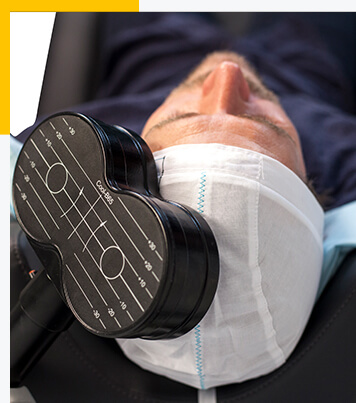 ALCOHOL DEPENDENCY
ALCOHOL DEPENDENCY
![]()

Alcohol dependence, more commonly called ‘alcoholism’, is the most severe drinking problem. Alcoholics experience an overwhelmingly strong, craving for alcohol.
It is estimated that over 12% of Indians show the signs of alcohol dependence; and it is a problem which is increasing.
Alcohol dependent people can build up a tolerance to alcohol which means that they suffer withdrawal symptoms if they stop.
Drinking large amounts daily has a range of long-term health consequences, including liver damage, high blood pressure, stroke and heart disease. Alcohol can also contribute to mental health problems, as it is a depressant which interferes with the brain’s neurotransmitters.
However, as well as physical issues, equally difficult are the social impacts on the person’s relationships and ability to work. The behavior of the person when under the influence of alcohol can cause a range of problems for those around them.
 SIGNS AND SYMPTOMS OF ALCOHOL DEPENDENCE
SIGNS AND SYMPTOMS OF ALCOHOL DEPENDENCE
![]()

A compulsive need to drink
- Overwhelming urge to have alcohol – and finding it hard to stop once you start
Worrying about where your next drink is coming from
- Alcoholics often plan social, family and work events around ensuring they can access drink. This may be publicly or in secret
Needing a drink first thing
- Waking up and drinking in the morning
- Strong desire to have an early drink to ‘settle nerves’, ‘calm down’ or ‘face the day’
Withdrawal symptoms when blood alcohol levels dip
- Sweating, shaking, tremors, nausea, hallucinations, seizures
- Symptoms stop when you drink alcohol
 CAUSES/TRIGGERS
CAUSES/TRIGGERS
![]()

The circumstances for each patient are different and alcohol dependence is often something which quietly builds up until it is suddenly out of control.
There are some common factors, which include:
- Runs in the family – genetic tendency but also family attitudes to drinking during your childhood
- Stressful events e.g. breakdown of relationships, bereavement, redundancy. Heavy drinking which starts at times of difficulty can lead to alcohol dependence
- Patients who have psychiatric disorders such as depression, anxiety, PTSD, psychosis, drug dependence may often drink to ‘self-medicate’. Alcohol abuse can interfere with the chemical balance in the brain, making the psychiatric disorder worse – which can lead patients to drink more and become more dependent on alcohol. A vicious circle.
 TREATMENTS AND services for Alcoholism
TREATMENTS AND services for Alcoholism
![]()
![]()
Counselling
– individual and/or
family therapy
![]()
Treatment and control
plan for consumption
![]()
Psychotherapy – talking
therapies, counselling
![]()
CBT – Cognitive
Behavior Therapy
![]()
Medication – there are two drugs used to treat craving for alcohol: But these are not always effective and side-effects can be unpleasant
 TMS TREATMENT FOR ALCOHOL DEPENDENCY
TMS TREATMENT FOR ALCOHOL DEPENDENCY
![]()

We believe that TMS – Transcranial Magnetic Stimulation can offer sufferers of alcohol dependence an alternative treatment option, using transcranial magnetic stimulation to work directly on the associated areas of the brain.
Many researchers and clinicians consider craving an important contributor to the development and maintenance of alcoholism. Craving has been described as a powerful urge to drink or as intense thoughts about alcohol.
TMS treatment offers a medication-free approach to treating alcohol cravings and dependence.

